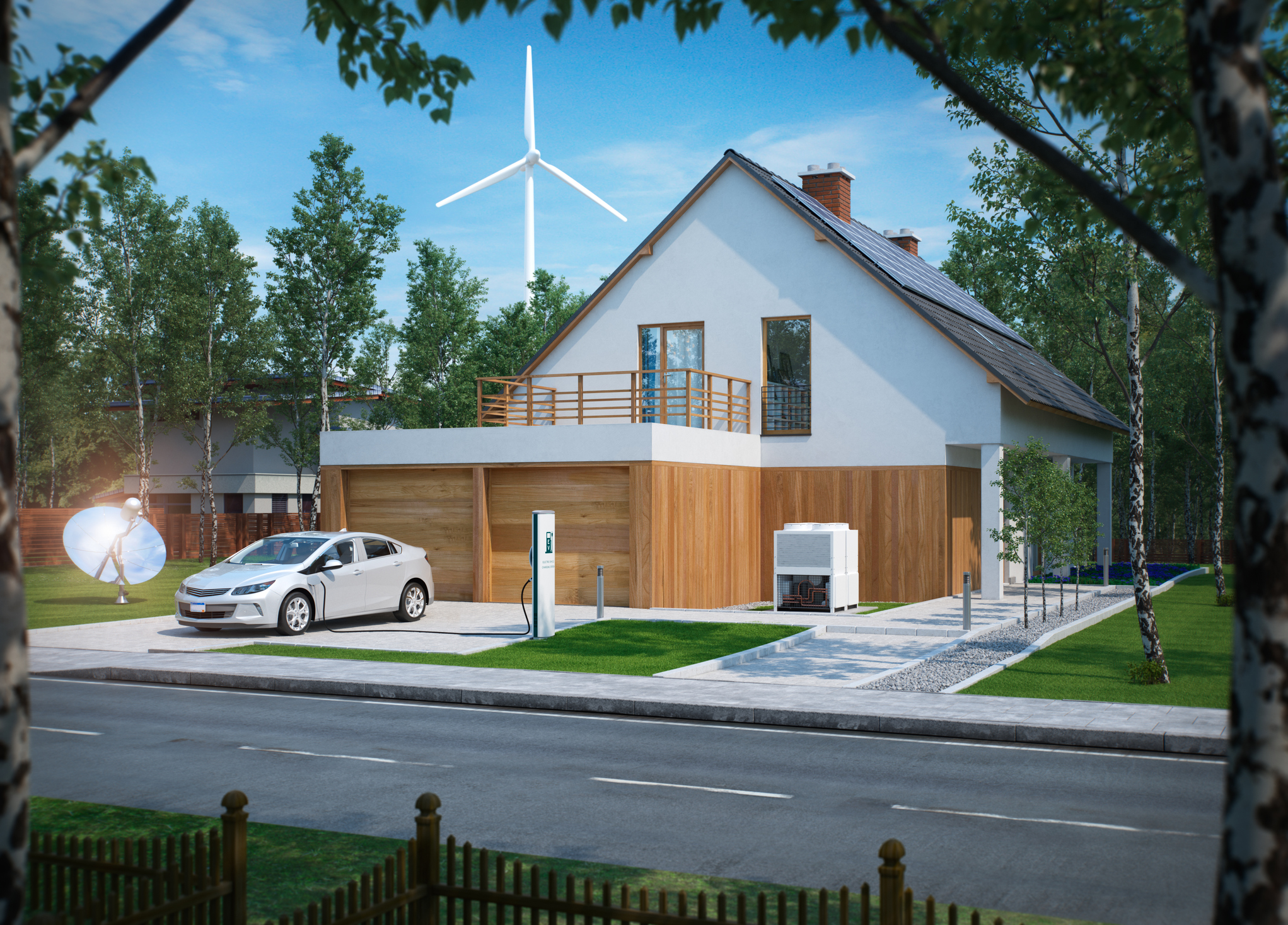There are several types of commercial leases. A gross lease, for example, requires the tenant to make regular rent payments, but that's their only financial obligation to the landlord. This is similar to the lease you'd sign if you rented an apartment. On the other hand, single-, double-, and triple-net leases shift certain expenses, such as property taxes and insurance, to the tenants.
In most cases, however, these leases consist of a landlord who owns a commercial building and a tenant who pays monthly rent and has no ownership rights.
There's another type of commercial lease, known as a ground lease, that is somewhat different. Under a ground lease, tenants own their building, but not the land it's built on. Since this is a lesser-known type of leasing structure, here's a primer on ground leases for real estate investors.

Subordinated vs. unsubordinated ground leases
There are two main types of ground leases: subordinated and unsubordinated. And the difference is what happens if a tenant runs into financial trouble during the lease term.
- Subordinated ground lease: In this type of lease, the tenant agrees to be a lower priority when it comes to any other financing the tenant obtains on the property. Let's say you sign a ground lease on a parcel of land and then borrow $500,000 to build a restaurant. If you default on the loan while under a subordinated ground lease, your lender can go after the property (including the land) as collateral.
- Unsubordinated ground lease: In this type of lease, the tenant has a higher priority than any other lenders when it comes to claims on the property. In other words, the tenant's lenders may not foreclose on the land if they default. In the event of default, a lender on a property in an unsubordinated ground lease may be able to go after the assets of the business but cannot take full control of the property.
With all things being equal, landlords would want to sign unsubordinated ground leases. After all, why would a landlord want to risk their property?
In practice, landlords generally have to charge lower rent on unsubordinated ground leases to entice tenants to accept such an arrangement. Many lenders won't originate loans to build commercial buildings on ground leases unless they have the recourse to take control of the property in the event of the tenant's default.
Unsubordinated ground leases are the more common arrangement. Even though they generate less rental income, landlords typically don't want to put their property at risk, essentially taking an active stake in the tenant's business.
Related investing topics
What are the advantages of ground leases?
From a landlord's point of view, there are several common reasons why a ground lease might be desirable, as opposed to developing the property themselves or selling the land parcel outright. For one thing, developing commercial buildings can be expensive. Ground leases allow owners of commercial land to monetize their real estate without significant capital requirements.
Furthermore, ground leases allow the owner to remain the owner of the property. This can be essential in situations where land is owned by a government entity but can be advantageous in many situations. For example, if you want to construct a tourist attraction on federal land, a ground lease can be the only way to do it.
Finally, since any improvements become the landlord's property when a ground lease ends, the value of the property could be significantly higher than it was at the start of the agreement.
Tenants might prefer a ground lease because constructing a building is significantly less costly than buying land and then constructing a building. Many retailers use ground leases for this reason -- they simply cannot justify or afford the cost of both a building and the land. Many fast-food restaurants lease their land but construct their buildings themselves, for example.
Plus, a tenant can often save money on their ongoing rent payments by signing a ground lease as opposed to leasing an entire improved property.
Pros and cons of ground leases: A tenant's perspective
PROS | CONS |
|---|---|
Avoids the large upfront capital expenditure of buying land. | Must pay for any land improvements themselves. |
Decades-long leases and the ability to renew the lease or buy the property at lease expiration. | Lose improvements to land after lease expires if they don't renew or buy. |
Reduced lease payments, as opposed to leasing both land and a building. | Responsible for paying property taxes, insurance, and maintenance expenses for the duration of the lease. May need landlord approval before construction can begin. |
The bottom line
Ground leases aren't perfect arrangements in all cases. For example, since tenants are building on land they don't own, they may need to get the approval of the landlord before construction can begin. And tenants can lose control of their building after the term of the lease expires.
However, a ground lease can be a mutually beneficial arrangement for many landowners and commercial tenants, which is why they are quite common in practice. They allow landlords to retain ownership and receive a steady income, and they allow commercial tenants to build places to conduct their business without the added upfront cost of buying land.



